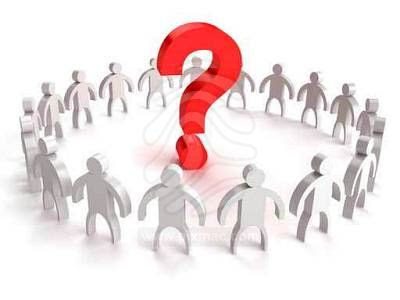Doubt is the Beacon of the Wise
August 15, 2012 Leave a comment“There is a contradiction in wanting to be perfectly secure in a universe whose very nature is momentariness and fluidity.”
-Alan Watts
 Earlier this week I facilitated and participated in a momentous meeting in one of the state-wide change processes I have been involved with for the past few years. This meeting featured community and parent organizers, “service providers,” funders, and other educational advocates from across the state in conversation with newly hired state-level staff charged with creating a plan for ensuring greater alignment of state agencies in the direction of better opportunities and outcomes for all young children.
Earlier this week I facilitated and participated in a momentous meeting in one of the state-wide change processes I have been involved with for the past few years. This meeting featured community and parent organizers, “service providers,” funders, and other educational advocates from across the state in conversation with newly hired state-level staff charged with creating a plan for ensuring greater alignment of state agencies in the direction of better opportunities and outcomes for all young children.
The conversation included an exchange about our respective interests in changing the existing system, inclusive of formal and informal state, community, and family structures. We then engaged in dialogue about how to better align the state infrastructure with community assets and aspirations, opened by a question from the state planning staff, “What would like like to see happen? What would you like from us?” This was followed by a punctuated silence, and then a courageous individual offered, “I don’t know that we really know.” This was a powerful statement. At that moment, no one stepped into the role of expert to articulate a point-by-point agenda of what must be done. Rather, the question was put back in the middle of the table, and what ensued was a deeper dialogue.
Now to be clear, there certainly are and were answers and opinions around the table, including some relative certainty about the values (including equity, cultural sensitivity, and family leadership) that the collective had agreed must guide the re-formation of the system, and we did eventually get to some of those. And it was important that a crack was quickly identified in our collective and individual armor of knowing. It is precisely this expression of not knowing that invited deeper questioning and knowing to emerge, including conversation about how to engage more of “the system” and specifically those who stand to be most directly impacted, in re-creating itself.
This is not an invitation to throw up our arms. As Shakespeare once wrote, “Modest doubt is called the beacon of the wise.” Doubt in combination and conversation with our convictions can help us to jointly build more sure-footed paths through fear, to greater trust. To a greater “us.” Furthermore, as Alan Watts notes, it aligns us more adaptively with the flux and flow of reality.